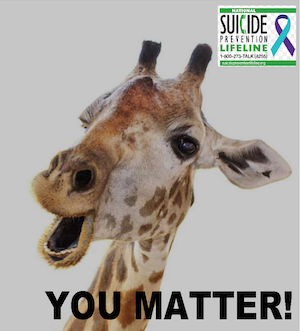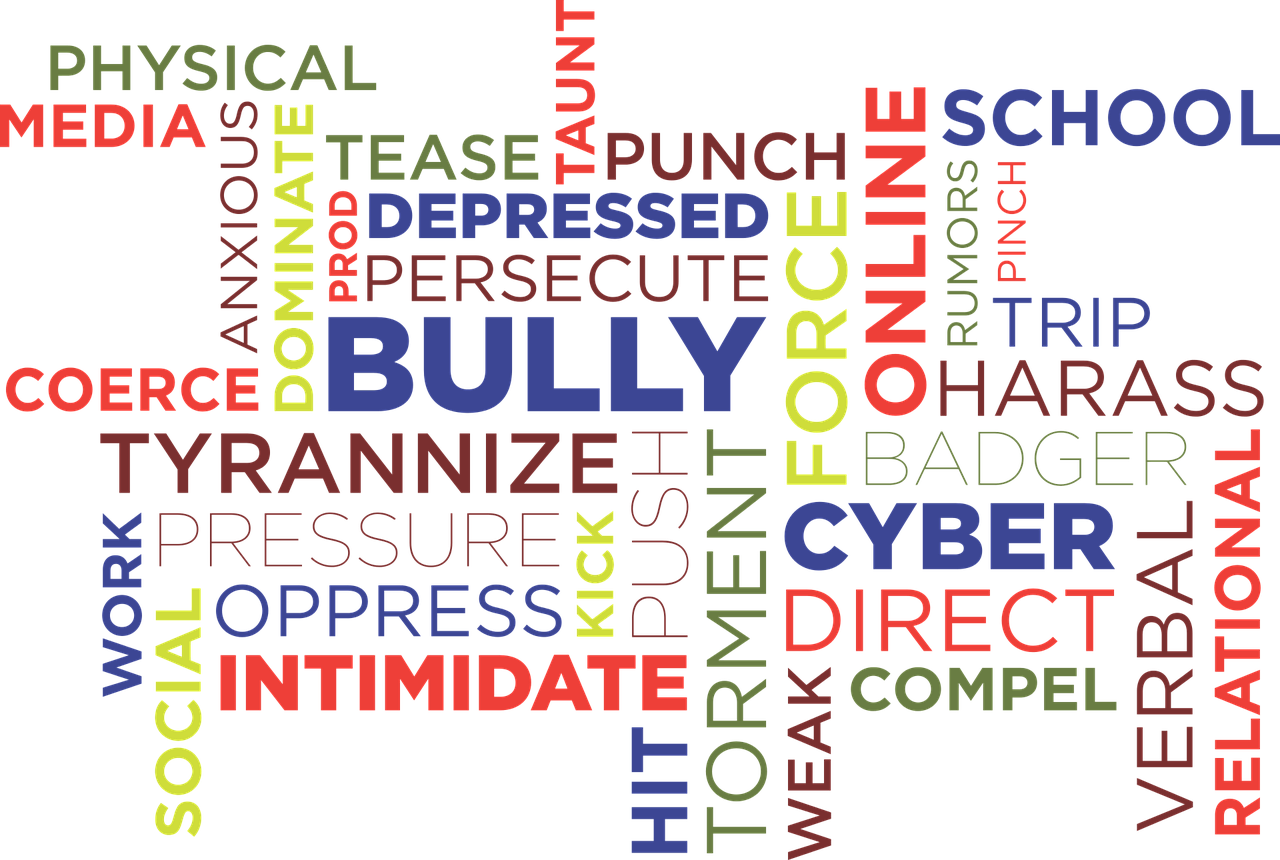![]() Under the direction of Dr. Ramsey Khasho, CHC staff members and other expert contributors provide answers to questions about the serious issue of teen anxiety and depression in our community.
Under the direction of Dr. Ramsey Khasho, CHC staff members and other expert contributors provide answers to questions about the serious issue of teen anxiety and depression in our community.
“Middle School Kids Ages 10-12 and Younger” answers questions about the signs of anxiety and depression in preteens.
Middle School Kids Ages 10-12 and Younger
1. If you could give 2-3 ways of lowering anxiety and depression with middle school children, what would they be? What recommendations would you give?
It would be wonderful if there were a sure-fire way of reducing anxiety and depression, but individuals differ so widely that recommendations are broad. Probably the single most important step, which has to start at a much younger age than middles school, is to encourage open communication between children and parents, with parents offering an openness and real interest in how children are feeling and what is going on in their lives.
During middle school, part of the young adolescent’s job is to become more independent from his or her parents; yet, the awareness that the parents are still there in that young teen’s corner is vital. One of the hardest parts of parenting young teens is knowing if and when to push them to do more. Some teens long for such guidance even if they appear to resist it; others react negatively and become resentful. A highly motivated teen who a parent might see as overcommitted can react negatively to being told to “ease up”—or may breathe a sigh of relief that it is okay to slow down a bit. Making sure there is space to talk—driving places, meals together, specific “family time”—can help facilitate discussion and keep communication lines open.
2. My kids are younger–not 10 yet. We are looking for guidance going forward. Are there common signs of depression early on and at what age are you seeing it often begin?
Some individuals have a temperamental style that causes them from early on to notice and react to bad or unpleasant situations more than others. During elementary school, they may have a condition called dysthymia or persistent depressive disorder—irritable or depressed mood with a few signs of depression such as sleep problems or decreased energy—during elementary years has about a 50% chance of going on to full-blown depression over time. If your child has that kind of temperament, it may be useful at least to consult with a mental health professional about trying to help create a more positive approach to life, but no one has yet found a sure-fire way of changing that mindset, and many will continue just fine, feeling justified in their pessimistic approach to life.
Other posts in this series:
Teen Mental Health Q&A Introduction
Environment vs. Biology
Profile of High Risk Kids
Redefining Success
The Role of Social Media
How Schools Can Help
How Parents Can Help
How Peers Can Help
Other Concerns
This resource is filed under:









